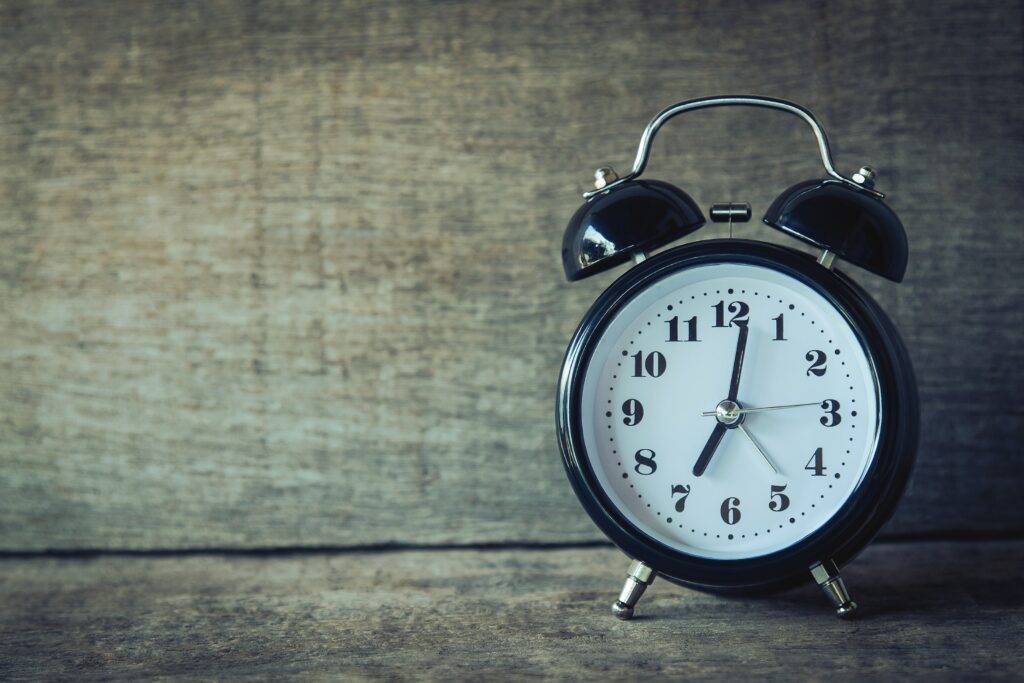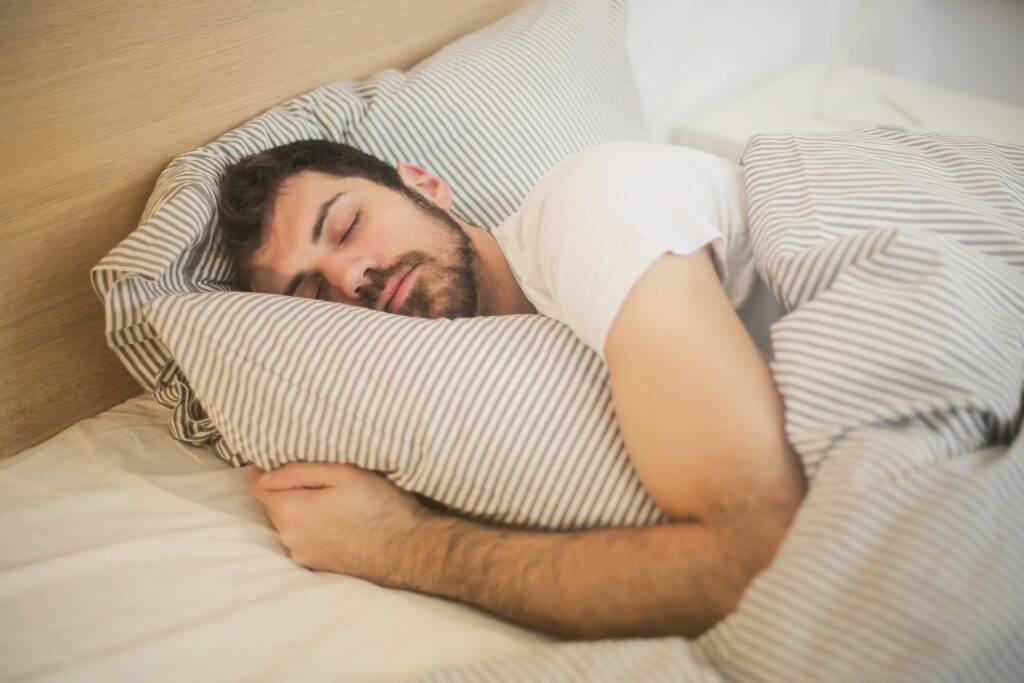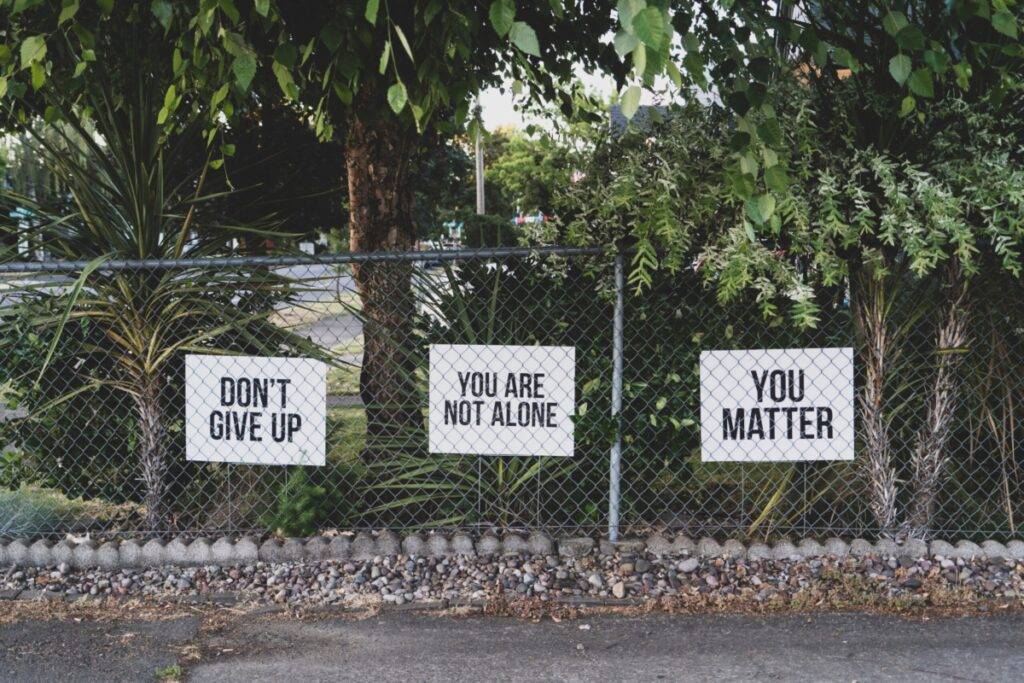Introduction
6 hours of Sleep is an indispensable requirement to maintain optimal physical and mental health. It constitutes a fundamental part of our daily routine, and we spend about one-third of our lives sleeping. However, in today’s fast-paced world, it can be a daunting task to achieve the recommended amount of sleep every night, especially for busy professionals who are perpetually juggling work and personal commitments.
Research has shown that a lack of sufficient sleep can lead to decreased cognitive function, memory loss, and impaired decision-making abilities. As such, it’s important for busy professionals to prioritize quality over quantity when it comes to their sleeping habits. By focusing on getting six hours of restful slumber each night instead of aiming for an unrealistic eight hours, they can ensure that they are functioning at peak levels throughout the day.
This article explores the question of whether 6 hours of sleep is sufficient for busy professionals, delving into the science of sleep, and the negative health consequences of inadequate sleep, and providing evidence to support the argument that six hours of sleep is an ideal amount for busy professionals.
Table of Contents
- The Science of Sleep
- Negative Health Consequences of Not Getting Enough Sleep
- Is six Hours of Sleep Enough for Busy Professionals?
- Tips To Consider When You Are Not Getting Enough Sleep
- 6 Hours of Sleep vs. 8 Hours of Sleep
- Is 6 Hours of Sleep Enough for Students and 30-Year-Olds?
- Is 6 Hours of Sleep Enough for a 17-Year-Old?
- How Many Hours of Sleep Does Your Body Need?
- Conclusion
The Science of Sleep
Before examining the question of how much sleep is adequate for busy professionals, it is necessary to understand the science of sleep. Sleep is a multifaceted process that encompasses several stages and cycles. There are two types of sleep: rapid eye movement (REM) sleep and non-REM sleep. Non-REM sleep is further divided into three stages: light sleep, deep sleep, and very deep sleep.
Throughout the night, our body undergoes various sleep cycles, with each cycle lasting approximately 90 minutes. The initial cycle typically consists of a higher proportion of deep sleep, while later cycles have more REM sleep. Each stage of sleep plays a crucial role in allowing our bodies to rest and recover from the day’s activities.
Negative Health Consequences of Inadequate Sleep
Now that we comprehend the science of sleep, let’s discuss the negative health consequences of inadequate sleep. Chronic sleep deprivation can lead to several health problems, including obesity, diabetes, cardiovascular disease, and mental health issues such as depression and anxiety.
Sleep deprivation can also affect cognitive function, including attention, concentration, and memory. It can also impact our mood, making us more irritable, moody, and short-tempered. In essence, inadequate sleep can negatively affect our overall health and well-being.
Is 6 Hours of Sleep Enough for Busy Professionals?
Now let’s address the question of whether six hours of sleep is enough for busy professionals. The answer is affirmative, but with a caveat. Six hours of sleep is adequate for busy professionals, but it should not become the norm. It’s alright to get six hours of sleep for one or two nights, but consistently getting less than six hours of sleep can have negative health consequences.
According to a recent study published in the journal Sleep, getting less than 6 hours of sleep per night is linked to an increased risk of death from all causes. The study also found that individuals who slept for more than eight hours per night had an increased risk of death.
Therefore, it’s essential to aim for seven to eight hours of sleep per night, but six hours is an acceptable minimum for busy professionals who are struggling to find the time to get enough sleep.
Tips To Consider When You Are Not Getting Enough Sleep
Sleep is often described as the foundation of good health, akin to a solid bedrock that supports and sustains all other aspects. However, for busy professionals, getting enough sleep can be challenging due to work demands, deadlines, meetings, and family obligations. The consequences of not getting enough quality sleep are severe and can lead to fatigue, irritability, anxiety, decreased productivity at work, and an increased risk of accidents.
To mitigate these negative effects associated with poor sleep patterns among working individuals, several tips should be considered. Firstly, it’s essential to establish a consistent sleeping schedule by setting a routine bedtime and wake-up time every day irrespective of weekends or holidays. This consistency helps regulate your body’s internal clock leading to better-quality sleep. Secondly, creating a conducive environment for sleeping such as darkening curtains in the room reduces light pollution that may interfere with restful slumber.
Moreover, avoiding caffeine intake before bedtime improves sleep quality by reducing disturbances during the night. Additionally, regular exercise has been shown to promote better sleep quality since physical activity promotes relaxation and reduced stress levels necessary for sound sleep.
6 Hours of Sleep vs. 8 Hours of Sleep
There is an ongoing debate about whether six hours of sleep is adequate compared to the recommended eight hours of sleep. While eight hours of sleep is the recommended amount for optimal health, some individuals can function well with less sleep.
The truth is that everyone’s sleep needs are different, and some people may require more or less sleep than others. The key is to listen to your body and ensure that you are getting enough sleep to function at your best.
A study published in the journal Sleep Health found that individuals who slept for six hours or less per night reported worse sleep quality and lower overall health than those who slept for seven to eight hours per night. However, the study also found that those who slept for nine or more hours per night also reported worse health outcomes.
Therefore, while six hours of sleep may be enough for some individuals, it’s important to pay attention to your body’s needs and ensure that you are getting enough sleep to function at your best.
Is 6 Hours of Sleep Enough for Students and 30-Year-Olds?
Now let’s explore whether six hours of sleep is sufficient for students and 30-year-olds. Students, particularly teenagers, require more sleep than adults because of their rapidly developing brains and bodies. The National Sleep Foundation recommends that teenagers between the ages of 14 and 17 should get 8-10 hours of sleep per night, while young adults between the ages of 18 and 25 should aim for 7-9 hours of sleep per night.
Regarding 30-year-olds, the recommended amount of sleep is 7-8 hours per night. However, this may vary based on individual needs, lifestyle, and health factors.
Is 6 Hours of Sleep Enough for a 17-Year-Old?
As previously mentioned, teenagers require more sleep than adults due to their rapidly developing brains and bodies. The recommended amount of sleep for a 17-year-old is 8-10 hours per night. Getting only 6 hours of sleep can have negative health consequences for teenagers, affecting their cognitive function and mood.
How Many Hours of Sleep Does Your Body Need?
The number of hours of sleep your body requires depends on various factors, including age, lifestyle, health factors, and individual needs. While the recommended amount of sleep for adults is 7-8 hours per night, some individuals may need more or less sleep to function at their best.
One way to determine how much sleep your body needs is to pay attention to how you feel during the day. If you are feeling tired, irritable, or moody, you may not be getting enough sleep. On the other hand, if you wake up feeling refreshed and energized, you are likely getting enough sleep.

Conclusion
In conclusion, six hours of sleep is a suitable amount for busy professionals, but it should not become the norm. While some individuals can function well with less sleep, chronic sleep deprivation can have negative health consequences. It’s crucial to aim for 7-8 hours of sleep per night, but six hours is an acceptable minimum for busy professionals who struggle to find the time to get enough sleep.
Remember that sleep is critical to our overall health and well-being, and it’s vital to prioritize it in our daily lives. Pay attention to your body’s needs and make sleep a priority to ensure that you are functioning at your best.
FREQUENTLY ASKED QUESTIONS Q&A
What happens if you sleep only 6 hours?
Only getting six hours of sleep each night can have detrimental effects on one’s health, including obesity, diabetes, cardiovascular disease, anxiety and depression as well as cognitive performance, attention, concentration, and memory. Additionally, it may affect our temperament, making us angrier, moodier, and less patient. Chronic sleep loss can be detrimental to our general health and wellness.
Why do I feel better after 6 hours of sleep than 8?
Everyone needs different amounts of slumber. While some individuals may feel better after six hours of sleep, others might need eight. Finding the right quantity of sleep for you requires paying attention to your body. However, consistent sleep deprivation can have a detrimental impact on your health, so it’s important to make sure you get enough sleep to perform at your best.
Is 6 hours of sleep better than none?
Even six hours is better than no slumber, so make the most of it. While for some people six hours of sleep may be sufficient, chronic sleep deprivation can have detrimental effects on our health, including impairments in memory, mood, and other aspects of our general health and wellness. Although it’s essential to aim for 7-8 hours of sleep each night, busy professionals who find it difficult to fit in enough shut-eye can get by with six hours.
How to function on 6 hours of sleep?
There are a few methods to function on six hours of sleep, even though it’s best to aim for 7-8 hours each night. These include maintaining a regular sleeping routine, abstaining from alcohol and caffeine, maintaining hydration, taking quick naps throughout the day, engaging in regular exercise, and engaging in relaxation techniques like meditation or deep breathing. However, persistent sleep loss can have harmful effects on your health, so it’s crucial to make sure you get enough sleep to perform at your best.
Is 6 hours of sleep enough for one night?
One night of six hours of sleep may be sufficient, but it’s essential to remember that chronic sleep deprivation can have a negative impact on our health, impairing our mood, cognitive function, and general health and well-being. Even though some people may function well on less sleep, it’s crucial to strive for 7-8 hours each night to ensure that we are at our most productive.
Is 6 hours of sleep enough for a teenager?
Teenagers need more sleep than adults because of their bodies’ and minds’ rapid development. Teenagers should get 8 to 10 hours of slumber per night on average. Teenagers’ mood and cognitive performance can be negatively impacted by getting less than six hours of sleep, which can have a negative impact on their health. Teenagers must prioritise having enough sleep if they want to maintain their general health and well-being.




Usually I do not read article on blogs, however, I would like to say that this write-up very compelled me to take a look at and do it! Your writing style has been amazed me. Thank you, very nice article.
Excellent blog here! Also, your website loads up very fast! What web host are you using? Can I get your affiliate link to your host? I wish my website loaded up as quickly as yours lol.
It’s like you read my mind! You appear to know so much about this, like you wrote the book on it or something. I think that you can do with a few pics to drive the message home a little bit, but instead of that, this is an excellent blog. A fantastic read. I’ll certainly be back.